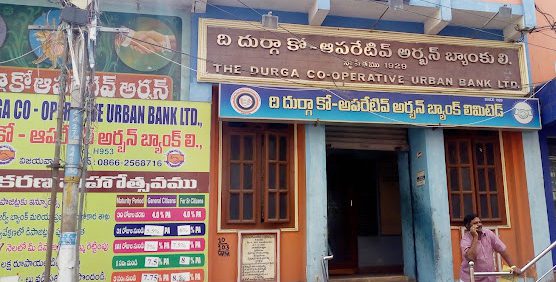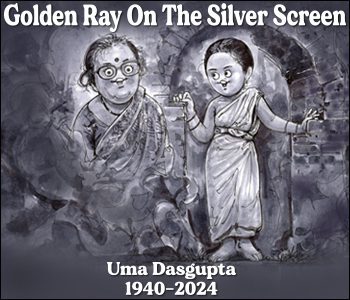The Reserve Bank of India has cancelled the license of Andhra Pradesh-based Durga Cooperative Urban Bank, which has been operating for 95 years. Following this decision, the RBI has requested the Commissioner for Cooperation and Registrar of Cooperative Societies, Andhra Pradesh, to issue a winding-up order for the bank and appoint a liquidator.
With the cancellation of its license, Durga Cooperative Urban Bank, located in Vijayawada, is prohibited from performing any banking activities, including accepting deposits and repaying deposits, as per Section 5(b) and Section 56 of the Banking Regulation Act, 1949.
Upon liquidation, each depositor is eligible to receive up to Rs 5,00,000 from the Deposit Insurance and Credit Guarantee Corporation (DICGC) under the provisions of the DICGC Act, 1961.
According to the bank’s records, 95.80% of its depositors are expected to receive the full amount of their deposits. By August 31, 2024, DICGC had already disbursed Rs 9.84 crore to depositors based on received claims.
The RBI canceled the bank’s license due to its inadequate capital and poor earnings prospects, which do not comply with the provisions of Section 11(1) and Section 22(3)(d) of the Banking Regulation Act. The bank also failed to meet additional requirements outlined in Sections 22(3)(a) through (e), and continuing operations were deemed against depositor interests.
The bank’s financial state reveals a concerning business mix of around Rs 100 crore, a gross NPA of 99.56%, and a CRAR of 1.24%. Durga Cooperative Urban Bank operates with three branches.














































